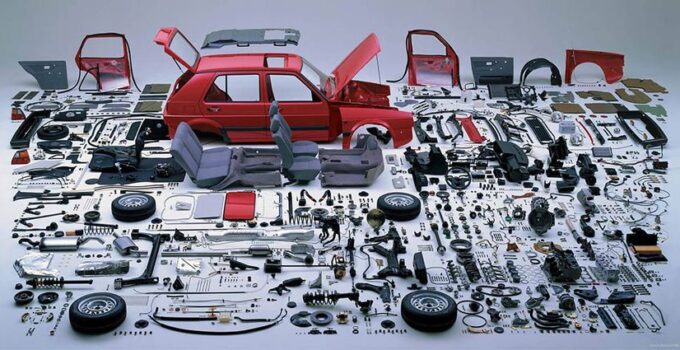Without proper care, your vehicle will not be reliable. It will break down, its resale value will plummet, and you’ll deal with a frustrating money sink. Heading to a reliable mechanic may be pricey, but it’s the best way to ensure that you don’t end up paying higher prices for bigger problems down the line.

source:yourmechanic.com
Relying on a professional mechanic isn’t something that you need to do for every single repair or maintenance project. Depending on your skill level, free time, and budget, you could tackle some of your vehicle’s needs yourself. Doing your own work on your car or truck can be a lot of fun. After all, there’s a reason why so many people become amatuer mechanics.
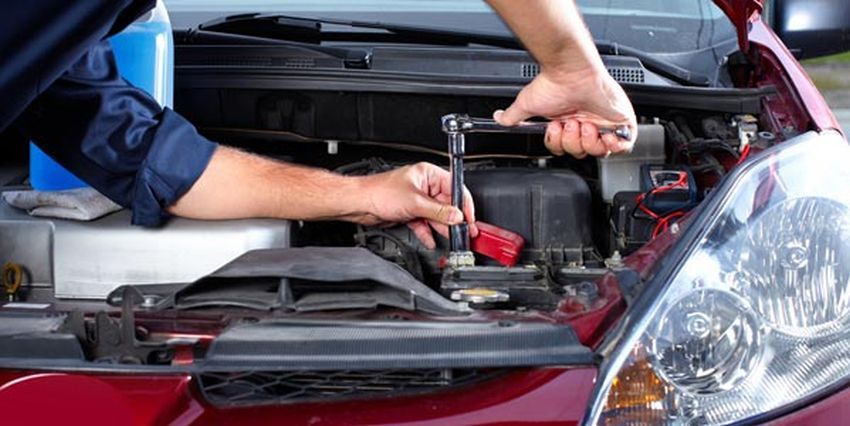
source:yourmechanic.com
Of course, you shouldn’t just grab a wrench and start taking your car apart. You need to work your way up as an amateur mechanic. Here’s your plan for doing just that.
Page Contents
Start small
Some car repair jobs are big deals. They can be time-consuming, costly, and even risky — do the wrong thing, and you could mess up the repair and threaten the value of your entire vehicle. Amateurs should be wary of tackling things they’re not ready for.
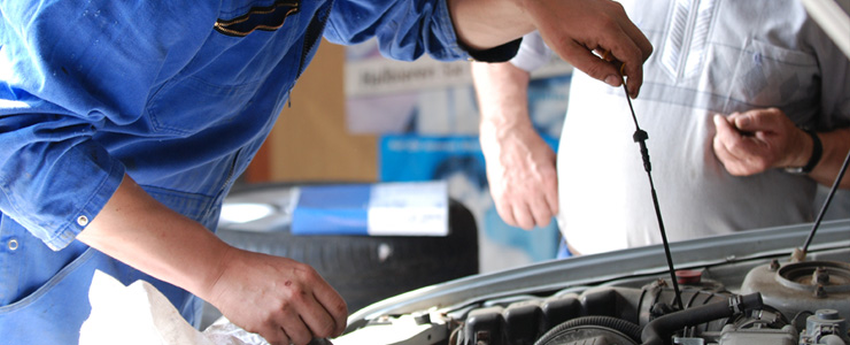
source:yourmechanic.com
Start small, with simple jobs that require minimal time, effort, and equipment. Build up slowly and grow your skill set and your tool collection at a reasonable pace.
Team up
There are lots of great shade-tree mechanics out there, and many of them love sharing their expertise. Join local groups or simply hang out with a neighbor, and you might learn a lot. Working with more experienced amateurs is a great way to learn the ropes. You’ll be less likely to make costly mistakes, and you can borrow tools and essential equipment instead of having to buy everything new.
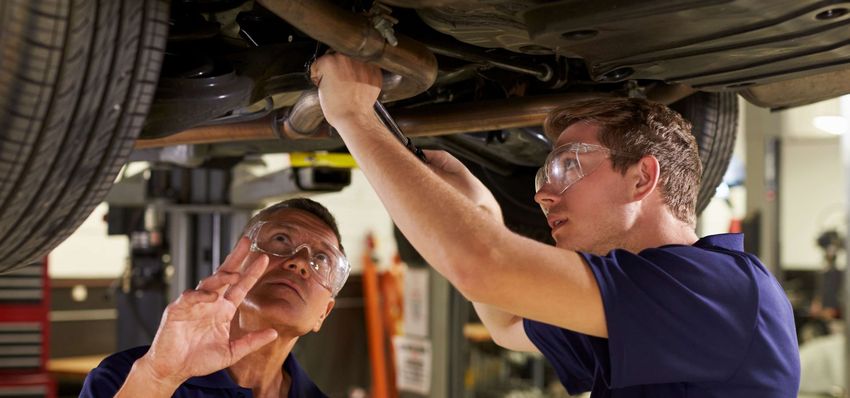
source:autolife.ca
You’ll also find lots of helpful people online, and there are plenty of books on car repair, too. Relying on others to help you learn will make you a better mechanic.
Specialize
In some ways, amateur mechanics are a dying breed. That’s because it’s tough to keep up with modern cars which are built with less room in their engine compartment and more complex computerized stuff linking everything together. There are lots of differences between different makes, and you may need to turn to a specialized professional to get work that preserves your warranty.
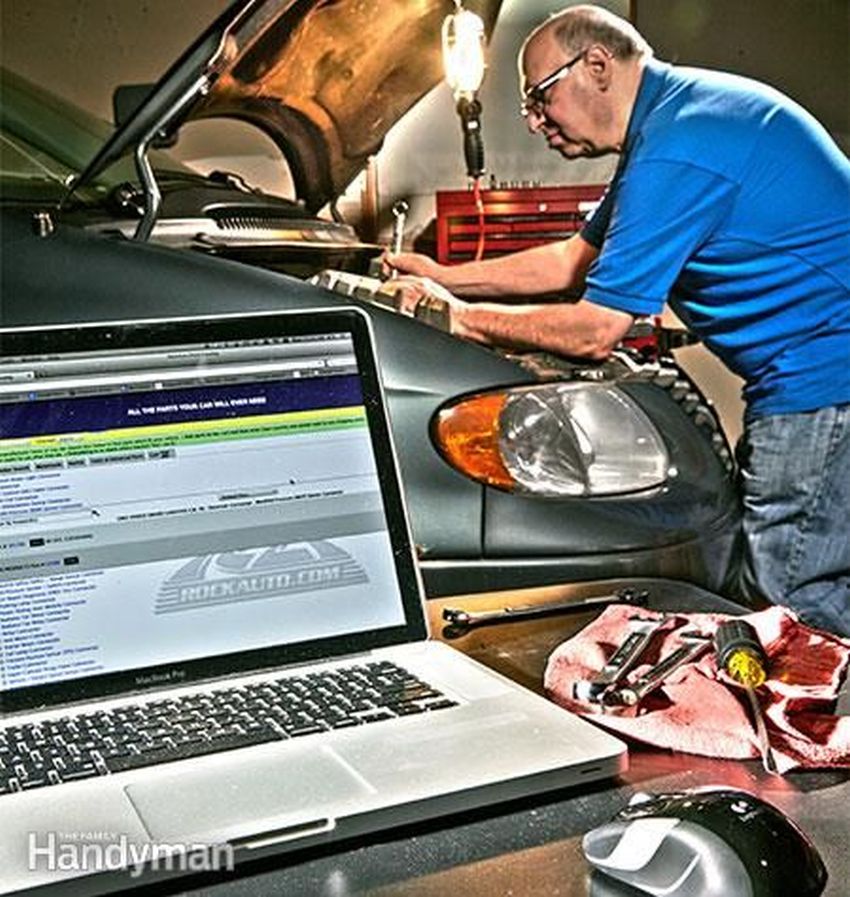
source:pinterest.com
But you can still be an amateur mechanic. To make things easier, consider specializing in a certain make (or even model) of car. You’ll be able to use the same set of tools and apply all of the lessons you learn on one project to the next. Older models are wise to target, too, as they tend to be easier to work with and less covered in sensitive computer sensors.
Try your hand at rebuilding an engine
When you’ve done a lot of amateur work and you’re ready for a serious challenge, consider rebuilding a car engine.
Rebuilding a car engine is not a small project. It is, however, one of the best ways to learn mechanic skills. Plus, it doesn’t have to break the bank. If you’ve already acquired a fair number of tools, you should be able to get a relatively cheap project car from a salvage car auction — after all, rebuilding an engine is not something you’d usually do to a car that runs perfectly and is worth lots of money. Rent the bigger pieces of equipment you’ll need, and get started. You’ll have a great learning experience, and you may be able to sell your final product at a profit. You’ll get all of this experience and fun without having to risk working on your daily driver.
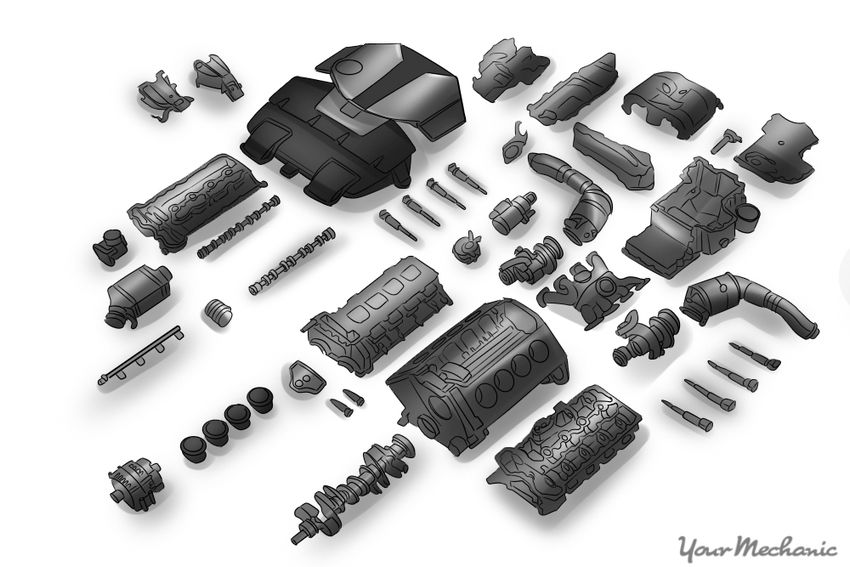
source:yourmechanic.com
If rebuilding a whole engine is a little much for you, you can still use the “buy a clunker and start tinkering” strategy. Getting a broken car to run is a great goal, but even if your project car never gets rolling, it will at least give you the chance to learn and make mistakes while never threatening your main ride.

